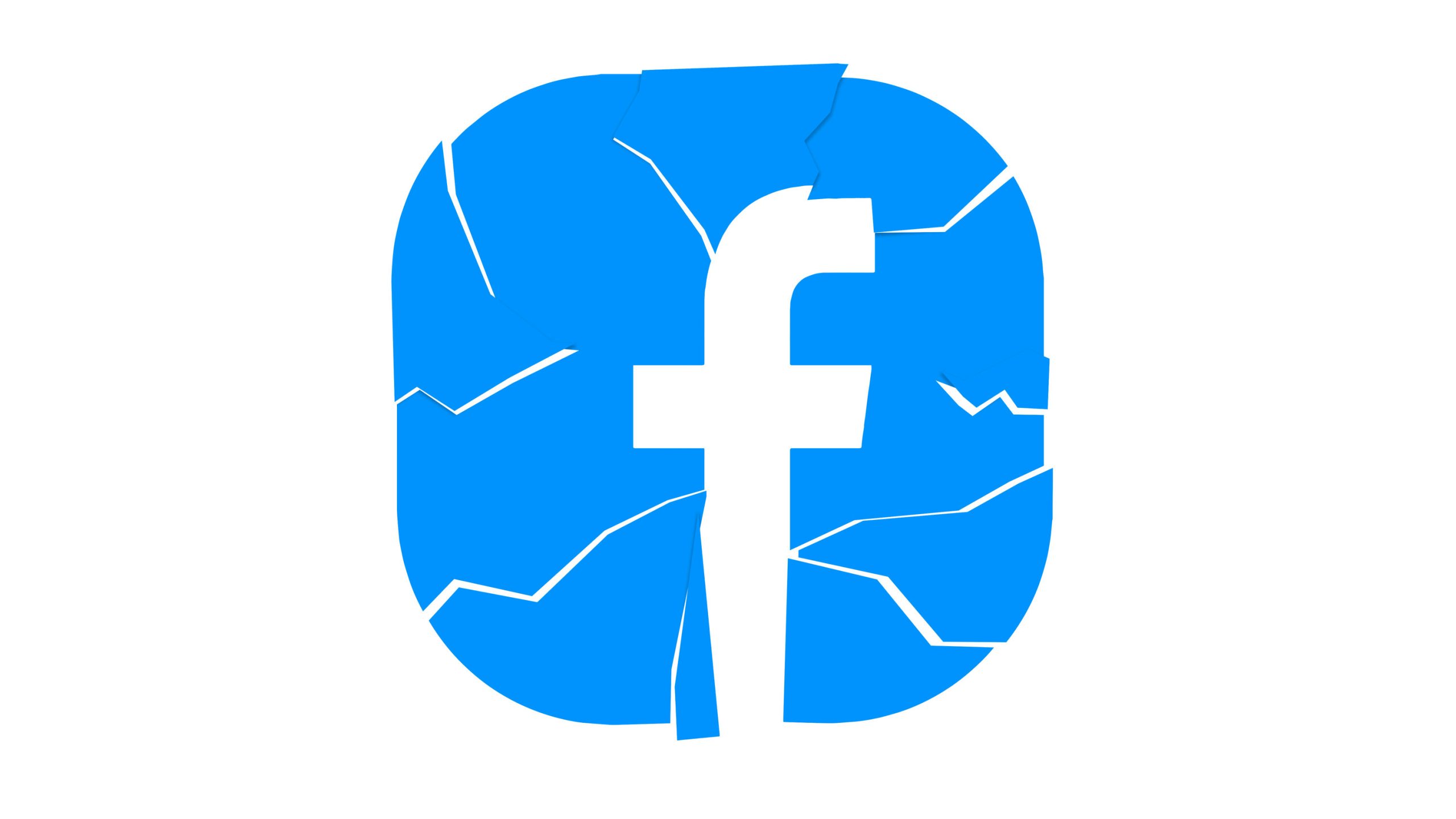This week, it seems that the Facebook data leak has had a significant impact on marketing efforts as well. Whether you are a small business or a larger organization, this incident can have a devastating effect on your marketing strategy.
What is Facebook?
Facebook is an online social networking service with over 2 billion active users. It was founded in February 2004 by Mark Zuckerberg, along with his college roommates, Eduardo Saverin, Andrew McCollum, Dustin Moskovitz and Chris Hughes. The company went public on May 18, 2012. Facebook’s headquarters are located at 1 Hacker Way, Menlo Park, California.
Facebook Leaks: What You Need to Know
Last week, the technology sector, Facebook in particular, was thrust into the spotlight after it was reported that Cambridge Analytica had accessed the personal data of over 50 million users without their consent. While many people are still trying to make sense of what happened and why, others are turning their attention to the ways Facebook can be improved.
So far, Facebook has been fined by both the UK and US governments for its role in this incident. However, questions remain about how this could have happened and what steps should be taken to prevent it from happening again. In this blog post, we’ll take a look at some of the key issues surrounding Facebook’s data leak, and what you need to know if you’re concerned about your personal information being exposed on the platform.
What is Cambridge Analytica?
Cambridge Analytica is a political consulting firm that has been accused of improperly accessing user data from Facebook. According to reports, this data was used by the company to create targeted ads during the 2016 US presidential election.
What is Facebook doing about this?
Facebook has been under fire for its handling of this situation. Initially, it failed to disclose that Cambridge Analytica had access to user
Why are Facebook Leaks Happening?
There has been quite a bit of controversy over the issue of personal information being leaked through Facebook across the political spectrum. The recent Facebook leaks have shown that Cambridge Analytica, a data company with ties to the Trump campaign, accessed information on approximately 87 million Facebook users without their consent. This has caused a lot of people to ask why Facebook is still allowing third-party developers to access user data in the first place.
Facebook has long been criticized for its inadequate privacy controls. The company has been forced to make changes to how it handles user data multiple times in the past, most recently in March 2018 when it was revealed that Cambridge Analytica had accessed Facebook data of millions of users without their consent. In response to the recent Facebook leaks, lawmakers are asking questions about how the company handles user data and whether or not it is adequately protecting sensitive information.
Facebook has long been criticized for its inadequate privacy controls.
The company has been forced to make changes to how it handles user data multiple times in the past, most recently in March 2018 when it was revealed that Cambridge Analytica had accessed Facebook data of millions of users without their consent. In response to the recent Facebook leaks, lawmakers are asking questions about how
How to Protect Your Personal Information on Facebook
There have been a number of high-profile incidents in recent weeks where personal information belonging to people on the political spectrum has been leaked through Facebook. In some cases, this information has been used to harass or intimidate the individuals involved.
To protect yourself from this type of abuse, it is important to understand how Facebook works and what steps you can take to safeguard your personal information. Here are four tips to help keep your data safe:
1) Login carefully: Make sure you are logging in using the correct credentials. Do not use easily guessed passwords or those that are easily accessible online.
2) Be suspicious of unsolicited messages: If you receive any unsolicited messages from people you don’t know, be suspicious and report them to Facebook. Facebook will use its spam reporting features to help identify and block these messages.
3) Use privacy settings Wisely: You can control what friends can see about you by using privacy settings on Facebook. For example, you can restrict access to your profile by location or age group.
4) Review your data use: Once a year, review
Conclusion
Facebook has come under fire recently for their handling of a data leak that affected over 50 million users. The leak was the result of a hack on the company’s platform, and it is still not clear how it happened or who was responsible. This incident has sparked a lot of debate on social media platforms about the role Facebook plays in our lives and the privacy of our personal information. However, despite all the negative publicity, it should be noted that Facebook still remains one of the most popular social media platforms in the world.
